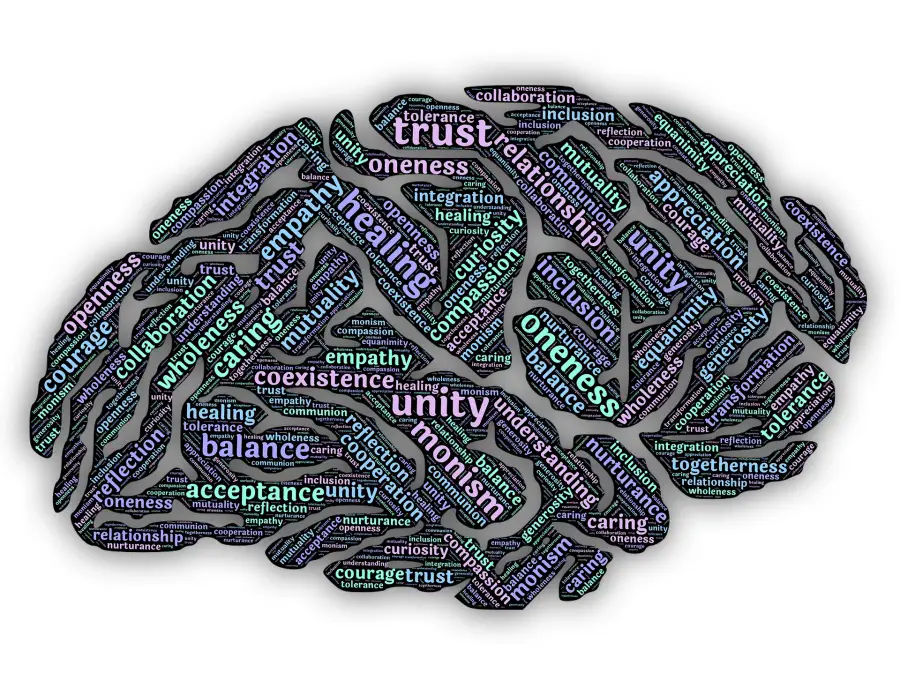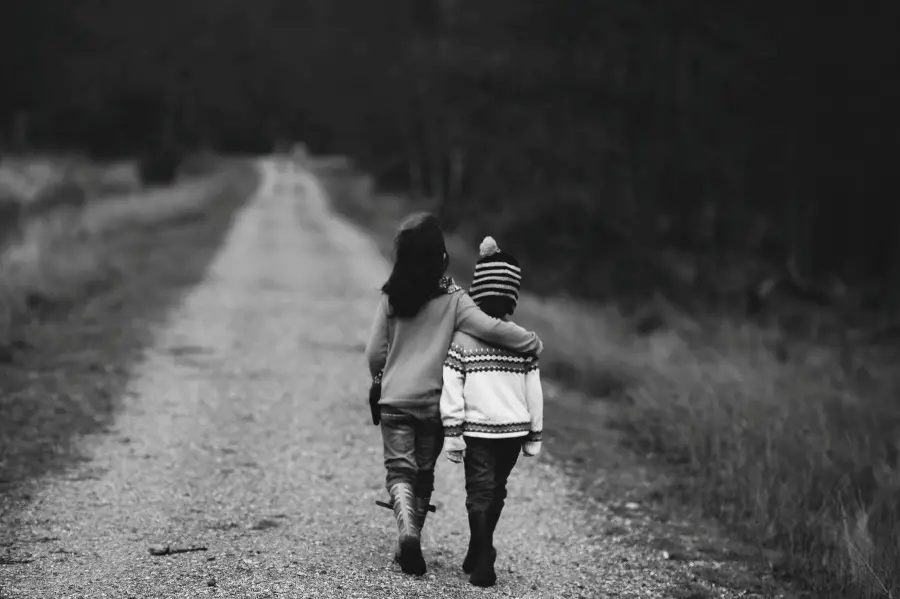Teaching Children Compassion and Empathy

How do parents teach and cultivate compassion and empathy in their children? How do you tell your kids that it’s your kindness and empathy that people remember. This is a good question because people will agree that compassion is a virtue to be admired, but as a society, humans aren’t very good at instilling virtues in their children. In addition, research is telling us that people are actually getting worse at showing any type of compassion and empathy. This situation has been steadily getting worse since the 1990s. Levels of compassion and empathy are at an all-time low than at any time in the past 30 years. This can be quite scary for parents because the decline is dropping at an increasing rate. Teaching your children compassion is teaching them to put other people’s needs ahead of their own. This might take a bit of willpower at times and parents can’t always rely on religious or philosophical guidance to practice kindness.
Children have a natural capacity for compassion. They may be tiny tots but they first start to identify with stuffed animals, pets and the uncertain child of the group. The hard part is their empathy has to compete with other developmental phases, including limiting impulsive actions. An example is pulling at a pet because they believe their needs must come first. This behavior makes it harder for them to share their toys with others.
There is so much hatred, killing and turmoil in the world today and it seems more important than ever to raise kids who know how to be kind to people. You don’t have to lecture your children or make them volunteer because this is part of everyday life. This revolves around how you answer your child’s questions, how you help them solve the conflict at school or the park and how you lead by example to teach your child to think about other people first. The temperament also plays the role of the child because some kids are naturally tuned into other people’s feelings, while others are oblivious. You are the parents and have the influence to teach your children the ability to empathize.
Promote children to be nice to others
Teach your child how to take care of their things because this develops the fact that bad actions have consequences. Teach them to be gentle. Your child might be naturally friendly but at times may grab the at something roughly. You are the one that has to show them that “ they use their hands to give love”. You can actually take their hands and repeat nicely while you help them to stroke the baby in a loving way.
Speak with a soft tone because your kindness is the role model on how to treat others. If your child is in pain, be warm and caring. This is really all about the tone in your voice. If your child has a friend over and they are crying for some reason, teach your child how to give hugs. Children don’t really have a consistent long-term memory, so you most likely will have to repeat yourself a few times.
Help your children avoid rudeness. Some young children actually hit, kick and speak rudely to their parents and parents laugh and think it’s funny. This is not appropriate behavior because, without discipline, you don’t have respect so you must teach your children respect. Compassion means that children respect others including their parents. Don’t be afraid to be a bit firm and let your child know that their behavior is uncalled for. Use a no-nonsense tone and remove your child gently away from the situation.
If you feel you have been too hard on your child, it’s ok to apologize because all parents make mistakes. Your child will still learn from other people because parents do make mistakes at times.
 Enforce the Rules
Enforce the Rules
Consistent behavior from parents helps your kids understand the difference between good and bad behavior and how this affects others.
Provide Structure
You might be thinking if you want to raise a compassionate, caring child, you have to be a compassionate caring person but that is not always enough. Even the most loving parents have to set limits and boundaries on behavior to avoid raising self-centered children. Always make it known that hitting anyone at all is always unacceptable even if it’s a special day for your child. When you teach your child that something is wrong, it has to be wrong all the time.
Expect kids to help
If the neighbors ask you to check in on their pets while they are away, include your children to help. Give them all some simple chores even if you aren’t in the mood. Remember you need to love your neighbor as yourself even if you are tired after work.
Use manners to connect with others
The garbage truck happens to come and talk to your kids about how you all are connected. Explain why farmers grow food and your family throws out the waste for the garbagemen to pick up. Teach your child how to say thank you to the trash collector if they happen to be outside. Good manners, help to keep us coexist happily together, and is a good way to show compassion. Try to make good manners a part of your toddler’s day as much as possible even though they are squirming around. This is a good way to start a daily routine. Good habits form good character in people. There’s always another person at the other end of the relationship who has feelings and deserves respect.
Guide Friendships
Make sure you point out that name calling is not appropriate and compassion starts with what is acceptable and what is not. Explain to your child often that behaving kindly to others is the rule for playing indoors and out. If your child gets into an argument, gently explain that your child doesn’t have to behave like their friend. Stop the playdate for the day if the child lives close and tell your child that they don’t have to like everyone in the world but they have to be nice!
Give Consequences
If your child breaks the be a nice rule, stick to your guns and roll in the consequences. You can choose a brief time out or taking away a special toy for the day. Be consistent or your child will never learn if you keep giving in. Toddlers have not fully developed abstract thinking skills and they are too young to understand that being nice is morally the right thing to do. Therefore, your job is to help your child reject the impulses that get the child into trouble.
 Put a label on the kindness
Put a label on the kindness
When you notice your child is sharing something special to them, label their actions and tell them that they are being a good friend by sharing. You can also say that your child is very thoughtful and over time this will sink into your child’s head and they will also understand that being helpful is something you value.
Remember to be considerate yourself
Teach your child that not all children are invited to their parties and their feelings might be hurt. Start teaching your child how to get in the habit of sending cards out such as thank you notes, sympathy cards, get well cards, and best wishes. Drawing is fine if your child is not old enough to write.
Don’t trash talk
Kids are always listening to grown-ups talk. They listen to what you say on a daily basis about your siblings, parents, friends, and relatives. This tells them a lot about communication. When your child hears you say something really negative about a loved one, they learn that it’s ok to talk the same way. Keep your negative thoughts in check! Teach your children that you have a kind and generous spirit.
Expect More
When it comes to your child’s responsibility to be caring and compassionate, set high standards. Don’t let them get away with teasing and bullying. By the age of 7 and 8, kids start to see the world through another person’s perspective. In a complicated and troubled world, it’s easy to fall into a rut and think there is nothing that you do that can make a difference. This could lead to compassion burnout for you and your kids. Start small!






